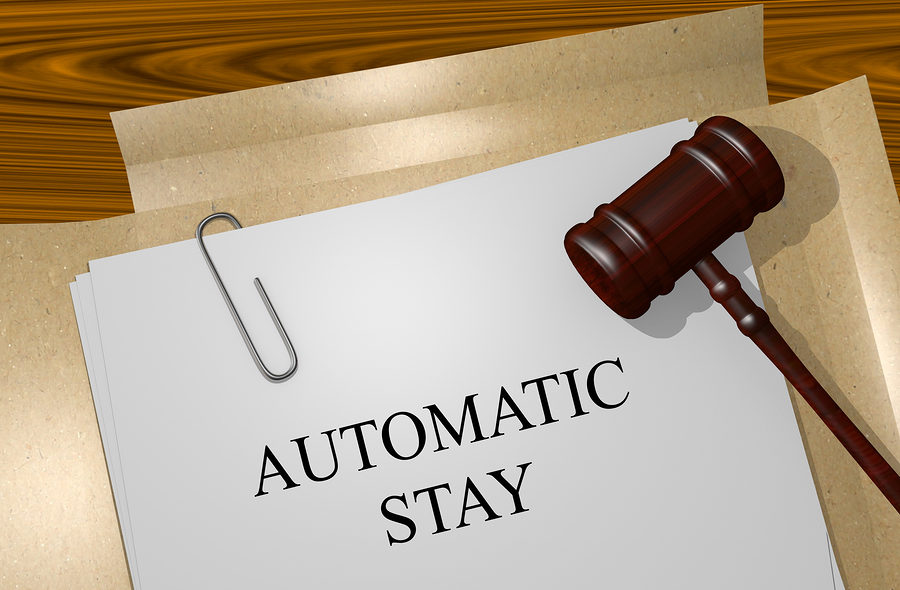To obtain financing or approval for a loan, many consumers will resort to asking a loved one or family member to co-sign the loan for them. If the individual is not able to continue paying on the loan and defaults, the lender will be able to seek payment on the debt from the co-signer. However, what happens when the borrower who took out the loan files for bankruptcy? Does the co-signer receive relief from the obligation, as well?
What is a Co-signer?
A co-signer or guarantor is a person who takes on a financial obligation along with a borrower who often either has poor credit or limited credit. Deciding to sign a loan as a cosigner is more than just being a reference, a co-signer or guarantor is responsible for paying back the debt if the borrower is unable to do so.
A lender may see the borrower as a lending risk and will require him or her to find someone with a more solid financial history to co-sign the obligation. A co-signer may be needed for a personal loan, a student loan, an application to rent an apartment or other space, or a lease on a car, equipment or furniture. The responsibilities that accompany co-signing a loan are more than being a second signature on a lending application. By co-signing, that person is essentially taking on full responsibility for the loan in the event the original borrower defaults.
While a bankruptcy discharge may relieve the borrower, who is defaulting on the obligation, from responsibility or liability on the debt, the discharge does not always lift this burden from the co-signer on the debt. It often depends on the type of bankruptcy being filed as to what type of protections co-signers have regarding their debts.
Chapter 7 Bankruptcy
At the time of filing for Chapter 7 bankruptcy, the filer will receive protection from collection on his or her debts through the automatic stay. However, protection from the automatic stay does not also extend to any co-signers on debts. This lack of protection leaves the creditors completely free to pursue collection on the debt from the co-signers on the loan. If the borrower wishes to maintain a good relationship with the co-signer, it may be wise for him or her to take certain steps to protect the co-signer. The person may choose to reaffirm the debt, especially if it involves a secured debt, such as a home loan, car loan or other secured credit account. By reaffirming the debt, the borrower is giving up the benefit of bankruptcy discharge on that specific debt. Many creditors will accept payment plans or partial payment on the debts in lieu of receiving nothing. If they discover the co-signer has substantial assets, they may be less likely to accept anything other than full payment, however, so this may not be a possibility.
Chapter 13 Bankruptcy
While a Chapter 7 bankruptcy case does not offer much protection for co-signers, a Chapter 13 bankruptcy case offers a little more. A Chapter 13 bankruptcy involves a three-to-five-year long repayment plan, which gives the borrower more time to pay off the co-signed debt. When a Chapter 13 case is filed, the automatic stay issued will protect both the borrower and co-signer from collection on any consumer debts, which is called the Chapter 13 co-debtor stay. The stay will be in effect unless the court lifts it upon request of a creditor or dismissal of the case. The co-debtor stay may also be lifted if the bankruptcy court converts the Chapter 13 case to a Chapter 7 bankruptcy case. Otherwise, a co-signer will receive considerably more protection under a Chapter 13 bankruptcy.
If you have questions on this topic or are in financial crisis and considering filing for bankruptcy, contact an experienced Miami bankruptcy attorney who can advise you of all of your options. As an experienced CPA as well as a proven bankruptcy lawyer, Timothy Kingcade knows how to help clients take full advantage of the bankruptcy laws to protect their assets and get successful results. Since 1996 Kingcade Garcia McMaken has been helping people from all walks of life build a better tomorrow. Our attorneys’ help thousands of people every year take advantage of their rights under bankruptcy protection to restart, rebuild and recover. The day you hire our firm, we will contact your creditors to stop the harassment. You can also find useful consumer information on the Kingcade Garcia McMaken website at www.miamibankruptcy.com.
Related Resource:
https://www.nolo.com/legal-encyclopedia/cosigner-liable-debt-file-bankruptcy.html




